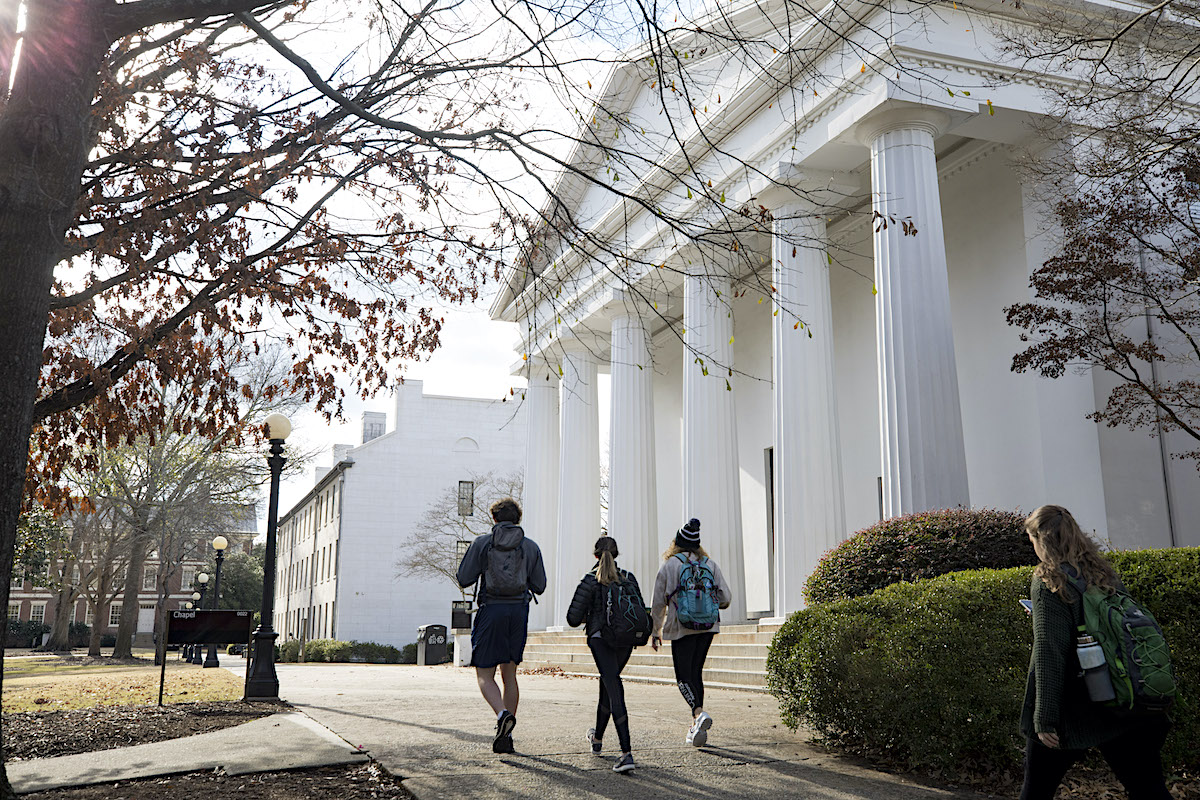(GA Recorder) — Most abortions are once again illegal in Georgia pending a state Supreme Court decision.
A one-page ruling from the court Wednesday forced abortion providers to send patients home without treatment. The legal question hinges on the state’s ability to pass laws that are invalid at the time the Legislature approves them.
Last week, Fulton County Superior Court Judge Robert C. I. McBurney blocked the state’s controversial law, which bans abortions once cardiac activity is detected in the fetus, typically six weeks into a pregnancy, before most women know they are pregnant.
McBurney ruled that provisions of the law were unconstitutional because they were passed in 2019, while Roe vs. Wade was still the law of the land. The law went into effect this summer after the Supreme Court overturned the longtime precedent. Georgia law states that laws that are illegal when passed are void, McBurney ruled, citing a doctrine called void ab initio, or invalid from the beginning.
When the law was passed, Roe v. Wade guaranteed the right to an abortion based on Fourteenth Amendment protections on the right to privacy; McBurney argued, therefore, a law that violating those protections was not constitutional.
“The Dobbs majority is not somehow ‘more correct’ than the majority that birthed Roe or Casey,” McBurney ruled. “Despite its frothy language disparaging the views espoused by previous Justices, the magic of Dobbs is not its special insight into historical “facts” or its monopoly on constitutional hermeneutics. It is simply numbers. More Justices today believe that the U.S. Constitution does not protect a woman’s right to choose what to do with her body than did in that same institution 50 years ago.”
Lawyers for the state argued a different interpretation of void ab initio, saying it means that a law that is unconstitutional now was also unconstitutional when it was written. They argue that McBurney is misapplying the law and that the U.S. Supreme Court’s overturning of Roe v. Wade means there never was a constitutional protection for abortion rights.
“The LIFE Act is plainly constitutional now, so it was not ‘void’ when enacted in 2019, under the same federal constitution in force today,” the state argued in a filing. “Yet the superior court enjoined the LIFE Act anyway, on the theory that the shift from Roe to Dobbs was, effectively, an amendment to the federal constitution. But that makes no sense, because overruled judicial decisions have no authority at all. The superior court fundamentally misunderstood the role of courts, which merely interpret law in the course of issuing judgments in individual cases.”
“Courts do not amend the constitution, and the constitution does not change simply because a court’s view of it changes. A judicial decision that is later overruled is no law at all, and it cannot invalidate the LIFE Act.”
The justices will scour through the law and relevant past cases before coming to a decision, said Tangi Bush, director of legal affairs for the New Georgia project. It’s not yet clear how long that could take, but it’s likely to be a high priority.
“I do think that given the fact that we have gone, literally, 180 (degrees) within seven days, means there might be more pressure to move a little bit quicker for this decision, I don’t think that they will risk the accuracy of the law, but I think that this will absolutely be top of the docket. So maybe this will give us a little shorter amount of time to get a final decision. I think the pressure’s on because people are suddenly mad again.”
The quick stop is painful for abortion providers, who had resumed offering services to those more than six weeks pregnant and reported high demand, including people calling from other states to make appointments. Those patients, including any waiting in waiting rooms at the time of the decision, are supposed to be turned away.
Monica Simpson, executive director of SisterSong Women of Color Reproductive Justice Collective, the lead plaintiff in the case, said she is frustrated and disappointed but not surprised
“The governor and attorney general of Georgia are doubling down to control access to reproductive health care, and while the stay was granted, we will not stop fighting until this ban that is steeped in white supremacy is gone,” she said. “All Georgians — including Black women and queer, trans, low-income, and rural people — should have the freedom to decide to have children, to not have children, and to raise the families they have in thriving communities. We remain undeterred from realizing this vision.”
“Over the past week, we have seen an (outpouring) of need for abortion care across the southeast,” Atlanta’s Feminist Women’s Health Center wrote in a statement. “Today, we’ll have to turn many patients away once again. This ban is cruel and will especially harm Black communities and other communities of color that face significant barriers to care, such as systemic racism, state criminalization, and financial hardship.”
Abortion opponents celebrated the decision as a win for their cause.
“Lives are now being saved because of our Attorney General’s fast action to reinstate the law after a judge made a blatantly political ruling temporarily knocking it down,” said Cole Muzio, president of the conservative lobbying group Frontline Policy Council in a tweet. “Real leadership saves lives!”
But the attorneys representing SisterSong vowed to fight on.
“Reinstating this extreme abortion ban will cause immense harm, especially to Black Georgians and people with the fewest resources — who are least likely to be able to travel out of state for care and most likely to suffer severe medical consequences from forced pregnancy and childbirth,” said Julia Kaye, staff attorney with the American Civil Liberties Union’s Reproductive Freedom Project. “While this ruling is devastating, the case is not over. We will never stop fighting to ensure that everyone, no matter their geography, race, or income, has the power to control their own bodies and futures.”














